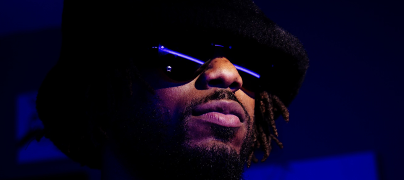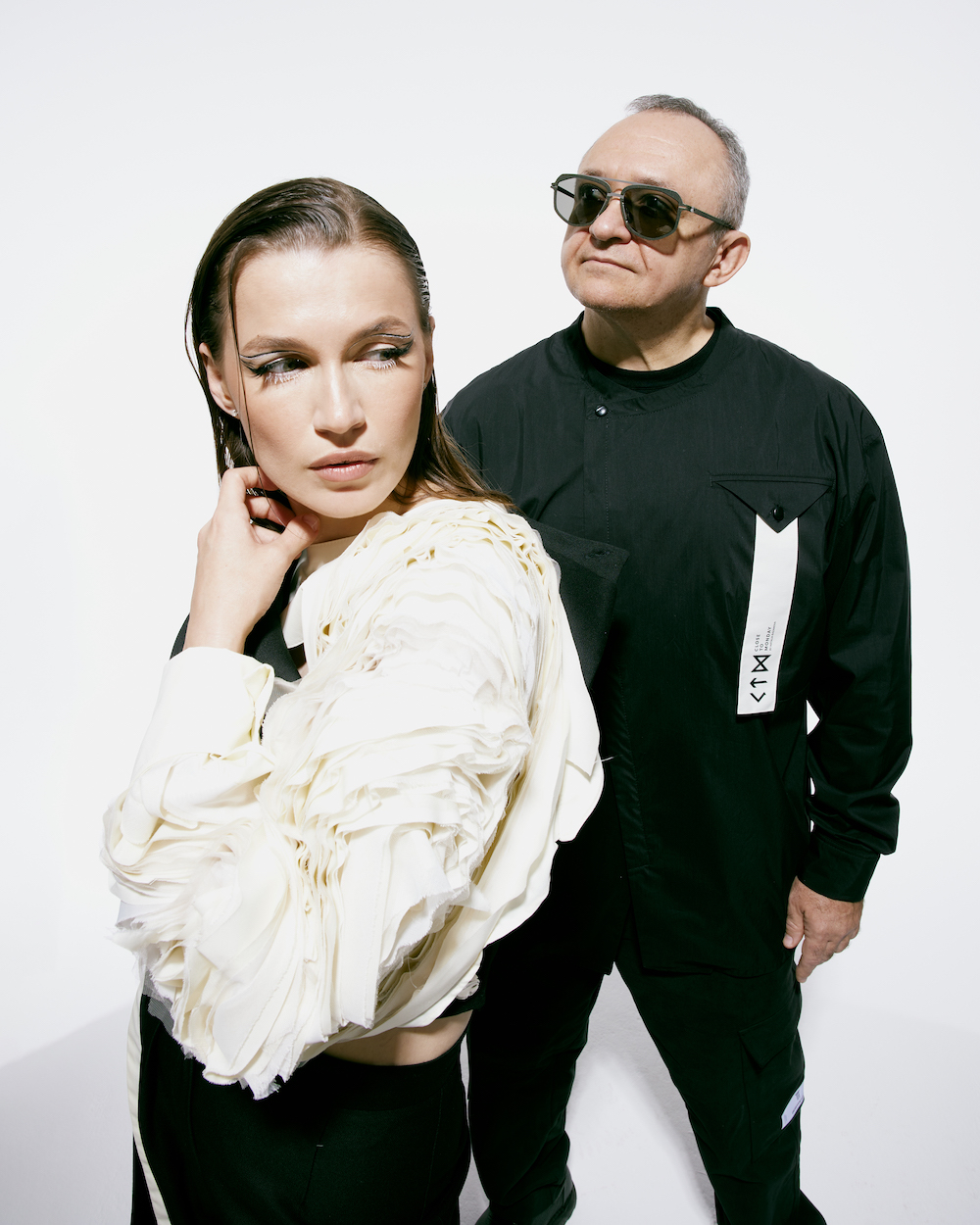Dive into our favorite new music picks from the past few weeks. Our latest NMR features sizzling tunes from DI SUN, LUVIUM, Eliminate, Silverstein & Fairlane, Arky Waters, and more.
News
Celestial Arts Presents The Influence, Writers Who Brunch & Inconvenient Conversations
The Knocturnal attended Celestial Arts Presents The Influence, Writers Who Brunch, and Inconvenient Conversations.
Exclusive: PRICE Talks Upcoming Album Drop, ‘C.I.T.Y.’ (Caught In The Youth)
Nearly 47,000 monthly listeners on Spotify and hip-hop lovers on Soundcloud have been anxiously awaiting PRICE’s new album, C.I.T.Y. (Caught In The Youth), and in four days, it’s officially dropping.
Welcome to our first NMF of the year! Our first edition features some of our favorite closing tracks of 2023, as well as some newly-released gems from the likes of Volaris, Josef Scott, SAYMYNITTI, Martial Simon, and more.
Exclusive: Wendell Pierce Talks Joining the cast of Power Book III: Raising Kanan
Renowned actor Wendell Pierce has officially joined the cast of “Power Book III: Raising Kanan,” stepping into the role of Ishmael.
Ishmael’s character is poised to make a significant impact on the storyline, introducing intriguing dynamics and plot twists. With Pierce’s seasoned acting prowess, viewers can expect a compelling portrayal that adds richness to the narrative. As an accomplished actor with a diverse range of roles under his belt, including notable performances in “The Wire” and “Treme,” Pierce brings a wealth of experience to the Power universe.
Pierce described that entering the Power universe was a novel experience for him. It presented an opportunity for him to venture into uncharted territory, portraying a character distinct from his usual roles as law enforcement or a lawyer. Typically cast in roles associated with the CIA, this project allowed him to embody a different kind of man—one driven by the common desires of creating something meaningful for himself and his family, leaving an indelible mark on the world, impacting his community, and securing a livelihood. This fresh and compelling perspective appealed to him as an actor, providing the chance to explore a character with a unique set of motivations and aspirations.
“I wanted to try to explore that when people aren’t allowed to be a part of the mainstream economy, they will go to the underground economy,” he said. “And it’s the same impetus, the same sense of wanting to be a businessperson and to build a business and Ishmael is not allowed to do it in the more orthodox way as he is going to do it in an unorthodox way. He doesn’t see it as criminality. He sees it as a function of making a way out of no way. And that’s a really interesting thing to explore for an actor, because that’s about human behavior.”
The casting of Wendell Pierce as Ishmael has generated considerable excitement among fans, who eagerly anticipate witnessing his on-screen chemistry with the existing cast members. The series, set against the backdrop of the ’90s hip-hop scene, explores the early years of iconic characters, providing a riveting prelude to the Power saga.
Pierce’s involvement adds another layer of authenticity to “Power Book III: Raising Kanan,” as his talent and dedication to his craft are sure to resonate with audiences. The actor’s ability to portray complex characters with nuance and depth aligns seamlessly with the show’s commitment to delivering a gripping narrative.
As the anticipation builds for the upcoming season, fans can look forward to seeing Wendell Pierce bring Ishmael to life in a way that only a seasoned performer of his caliber can. The combination of Pierce’s talent, the compelling storyline, and the vibrant setting of ’90s New York sets the stage for an enthralling chapter in the Power universe.
With Wendell Pierce on board, “Power Book III: Raising Kanan” continues to shape up as a must-watch series, promising fans an immersive experience filled with drama, suspense, and the electrifying energy that defines the Power franchise.
STARZ has officially renewed the hit drama series “Power Book IV: Force” for a highly anticipated third season. Following the success of its second season finale in November, fans can now binge-watch the thrilling second season on the STARZ app.
Starring Joseph Sikora as “Tommy Egan,” the series revolves around Tommy’s quest to establish himself as the exclusive drug distributor in Chicago. The announcement of the third season renewal comes as a delightful early Christmas gift for fans, given the overwhelming positive response to the action-packed second season.
Kathryn Busby, President of Programming for STARZ, expressed excitement about delivering more of Tommy’s story, acknowledging the enthusiastic demand from fans. She stated, “The fan response to this action-packed season of Force has been incredible. They’ve made it clear that they need more Tommy, and we’re thrilled to deliver. Christmas has indeed come early!”
The cast of “Power Book IV: Force” season two includes Joseph Sikora reprising his role as Tommy Egan, along with a talented ensemble featuring Isaac Keys, Lili Simmons, Shane Harper, Kris D. Lofton, Carmela Zumbado, Manuel Eduardo Ramirez, Miriam A. Hyman, Adrienne Walker, Anthony Fleming III, and Lucien Cambric.
As the third series in the expanded “Power” Universe franchise, “Power Book IV: Force” is helmed by showrunner and executive producer Gary Lennon, who will continue his role in the upcoming season. The “Power” Universe series is executive produced by Courtney A. Kemp, Curtis “50 Cent” Jackson, Mark Canton, Terri Kopp, and Chris Selak. Lionsgate Television is the production company behind the series for STARZ.
A very merry evening full of laughter and giving, just in time for the holiday season!
Check out this week’s roundup for a diverse range of sounds spanning from Satori’s deep, organic sounds, to Eli Brown and Joyhauser‘s electric techno, to Gusted‘s riveting new Dead or Alive remix, and many more.
Check out sonic roundup, where we peel back the curtain of the music world to reveal the freshest tracks you didn’t know you needed. This week’s edition includes tunes from Close To Monday, WhoMadeWho, NITTI, SHERM x Bluprint, Tara Brooks, and more.










